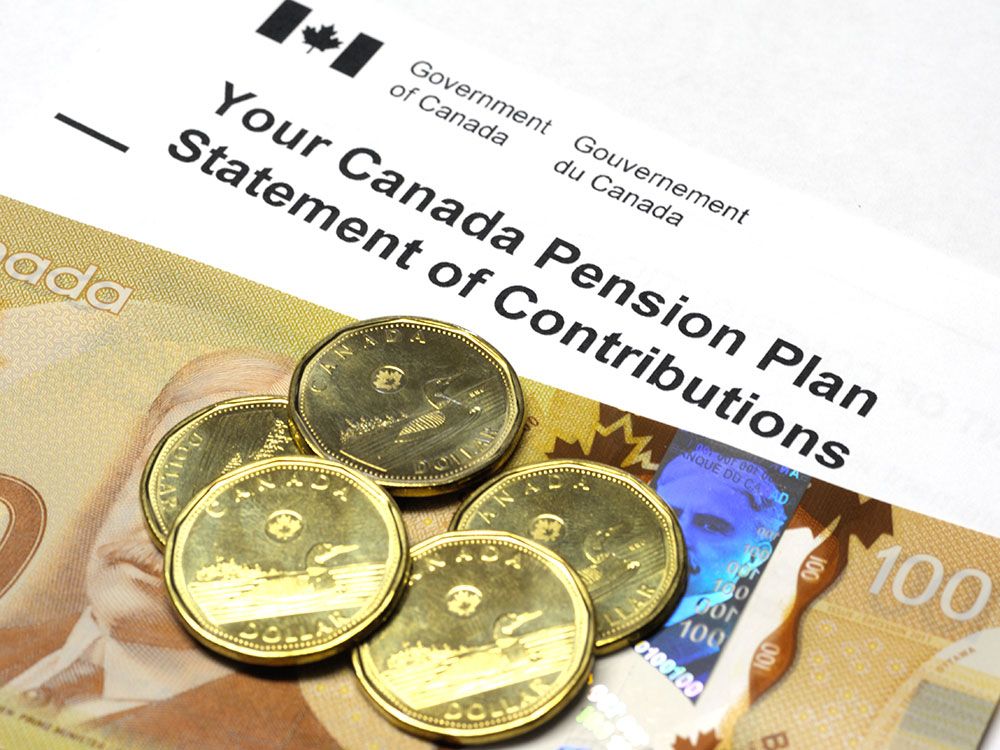Six billion dollars and counting: Major tax battle between the CRA and Canada’s big banks shows no signs of abating


Article content continued
RBC, the country’s largest bank, noted the legislative changes in its 2020 annual report, saying the moves introduced in the 2015 federal budget “resulted in disallowed deduction of dividends from transactions with Taxable Canadian Corporations including those hedged with Tax Indifferent Investors, namely pension funds and non-resident entities with prospective application effective May 1, 2017.”
The bank also added that the dividends in question include both those “in transactions similar to those which are the target of the 2015 legislative amendments and dividends which are unrelated to the legislative amendments.”
CIBC filed a notice of appeal to the Tax Court in 2018 that said it received dividends from shares it was holding to hedge its market exposure from swap contracts entered into with Canadian pension funds. As a result, the bank said it had deducted almost $420 million from its income for 2011.
The CRA, though, alleged the lender had really entered into a dividend rental arrangement and denied the deduction. It also invoked the general anti-avoidance rule of the Income Tax Act, which tries to prevent transactions geared solely towards getting tax benefits.
CIBC objected to both claims. The appeal was withdrawn near the end of 2020 after CIBC’s 2011 tax year was hit by another reassessment, to which CIBC also objected, according to Tax Court documents.
TD has reported that it is dealing with provincial tax authorities, in addition to the CRA. According to the bank’s 2020 annual report, Revenu Québec and the Alberta Tax and Revenue Administration have denied certain dividend deductions the bank claimed. And like other lenders, additional reassessments are a possibility.




